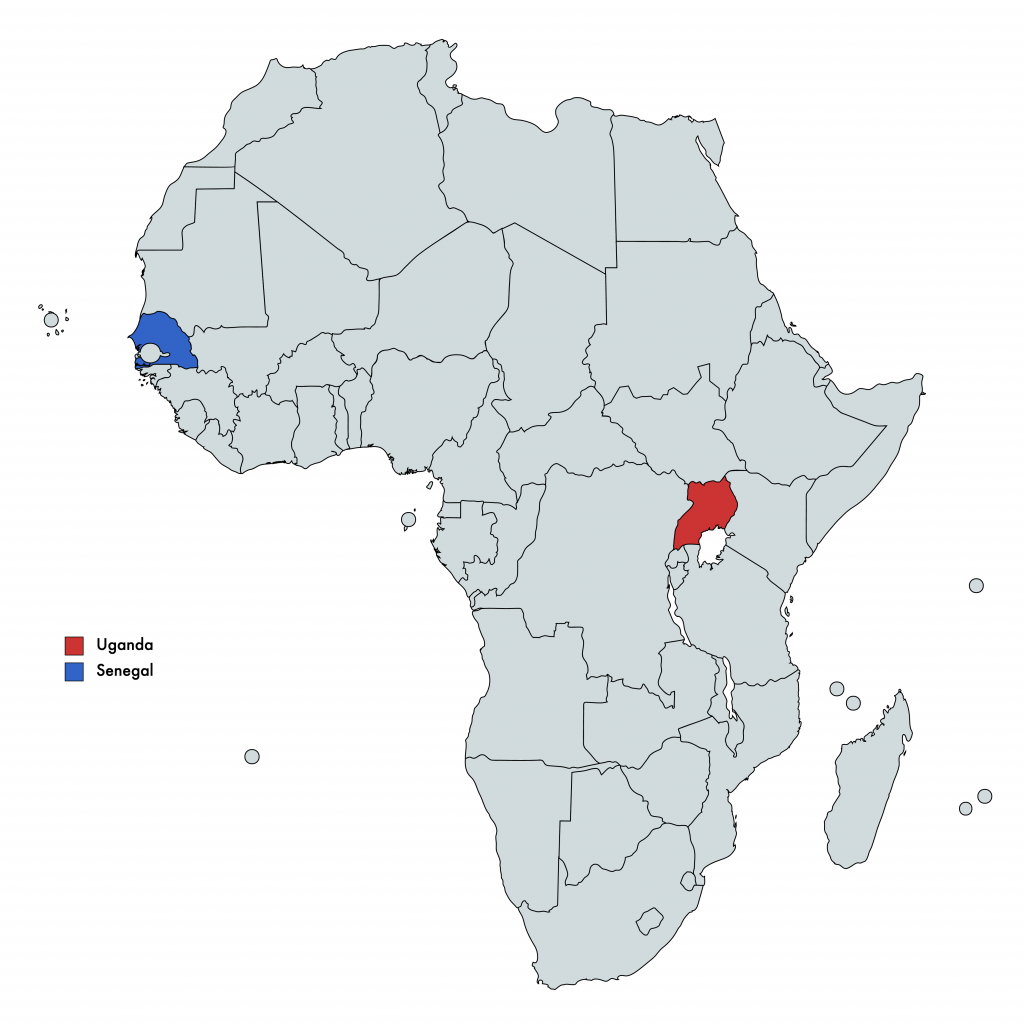
African Politics Update March 6 - March 13, 2021 In this section, we select and summarize several key political developments that occurred in the last week, also giving brief background to the story. This week's highlighted events are in Uganda and Senegal.
1. Political Tensions Rise in Uganda
SUMMARY:
The Central African country of Uganda is led by Yoweri Museveni, who has served as President since 1986. Museveni has been formally elected as President in five different elections, though this has been challenged by increasingly common claims of political violence, voter suppression and intimidation, and vote rigging. Museveni was again elected in January 2021, defeating the popular musician and politician Bobi Wine. In November 2020, Wine was accused of breaking COVID-19 protocols and arrested shortly after announcing his campaign for Presidency. This event sparked nationwide protests and results in dozens of deaths and thousands of arrests. After the January 2021 election, which came with multiple reports of concerning irregularities, Wine was placed under military house arrest for 11 days after denouncing the election as fraudulent. After briefly announcing his intention to formally challenge the election results, Wine withdrew his complaints. This week, Wine called on his numerous supporters throughout the country to protest against Museveni’s government through peaceful public demonstrations. While it remains to be seen whether this will result in major movements and further violence, tensions are high as reports of forcible abduction and torture of opposition activists by the police and military continue to emerge. This will continue to be one of the key stories to monitor in African politics moving forward.
MAJOR FIGURES INVOLVED:
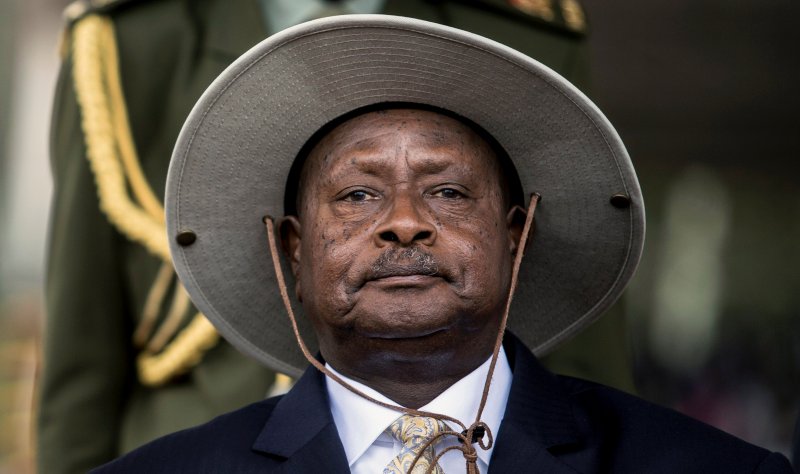
Yoweri Museveni is the 76-year-old President of Uganda. He is a former military General and has been a powerful figure in African politics since 1986 after his National Resistance Movement (NRM) rebel group emerged victorious over other factions and he was appointed as President. Museveni initially promised to protect human and civil rights in Uganda, and was at first hailed internationally as one of a “new generation” of leaders in African politics who were supposed to lift the continent out of its wars and corruption. However, there have been numerous violations of human rights under Museveni’s government, including use of child soldiers, extrajudicial killings, and suppression of opposition political movements. Museveni’s criticism and suppression of homosexuality has also drawn frequent condemnation abroad. In 2005, the two term limit for serving as President was removed, allowing Museveni to continue being elected (he has been officially elected al president five times as of 2021). Another huge controversy came when the Ugandan government removed the age limit (previously 75 years) on the Presidency, which allowed the President to achieve his fifth (and potentially more) term. Both of these moves were strongly cautioned against by many Ugandan and international lawyers and lawmakers who viewed term and age limits as safeguards against a de facto dictatorship, which Museveni’s reign can be characterized as.
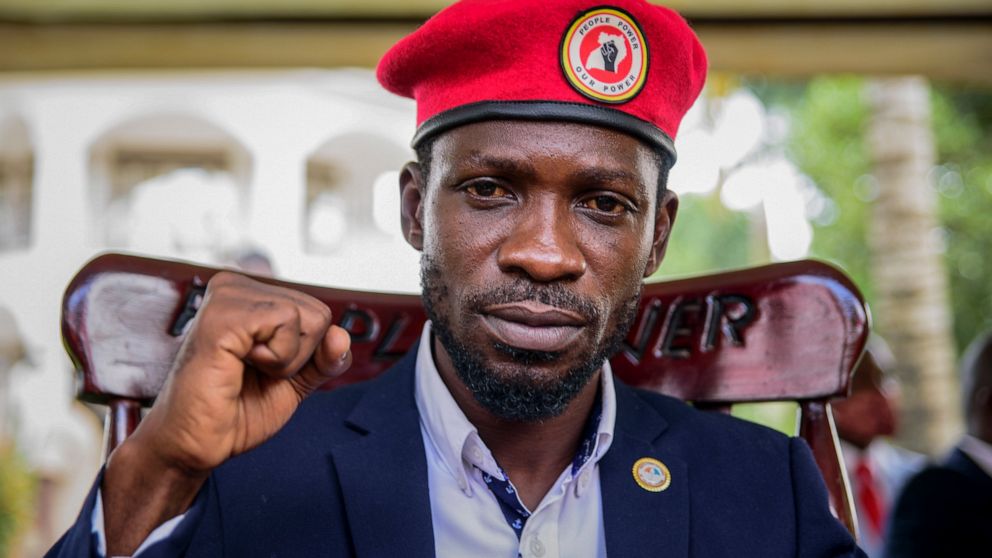
Kyagulanyi Ssentamu, better known as Bobi Wine, is a 38-year-old Ugandan musician and politician who was recently defeated in the country’s 2021 presidential election. A critically acclaimed Afrobeat musician, Wine’s songs have long featured themes of social redemption, rising from poverty, and political activism. He is also a longtime activist for better healthcare and sanitation, frequently donating and volunteering towards humanitarian causes. Wine led a popular grassroots campaign and was elected as a member of the Ugandan Parliament in 2017. He has been arrested several times as a result of his outspoken opposition to government policies such as social media restriction. Wine has emerged as the latest major political opponent to President Yoweri Museveni, losing the last heavily contested election. He has been criticized for his own negative views towards homosexuality in the past. Wine is one of the most interesting figures in African politics today, and will remain an important political force in Uganda in the future.
2. Political Unrest Rages in Senegal
SUMMARY:
This week, the West African country of Senegal continues to experience some of its worst political protesting and associated violence of the past decades. When President Macky Sall was elected to his second term in 2019, one of his main opponents was Ousmane Sonko, a politician characterized by anti-corruption activism. Sonko has heavy support from Senegal’s youth, who are experiencing high rates of unemployment and lack of future prospects. When Sonko was accused of rape and arrested in early 2021, the opposition leader was quick to claim that the situation was falsified and politically motivated in an attempt by President Sall to remove opposition ahead of the 2024 presidential election. Similar claims have been made in the past, and rumors are abound that Sall is planning to amend the constitution and seek a (currently not allowed) third term in office. This is particularly distressing for many, as Senegal has been internationally considered one of Africa’s most successful democracies. Removing presidential term limits is a classic method used by numerous politicians-cum-dictators throughout the continent to consolidate and hold onto power.
Sonko’s arrest was a breaking point for many of Senegal’s youth, who also feel that strict COVID control measures over the last year have worsened their already dire socioeconomic status. The current protests seem to be aimed at multiple points of grievance: the potentially fraudulent arrest of Sonko, dissatisfaction with President Macky Sall’s policies, and a growing anti-French sentiment. Senegal is a former colony of France and still retains strong economic and military ties to Europe, which many critics say is a form of modern day colonialism. In protests this week, French-owned businesses have been specifically targeted for looting and burning, as many Senegalese view these businesses as having profited at the expense of locals during COVID times. Renewed repudiation of Macky Sall as a puppet of European powers has also prominently featured in the protests. Continued human rights abuses such as abduction and torture, often viewed as holdovers from colonial times, have long been overlooked by both the Senegalese government and close French allies. Corruption implicating both government officials and Europeans is believed to be widespread in the country, and is a major aspect of Sonko’s political campaign promises. With no resolution in sight, the current unrest will likely have major implications on subsequent elections and the political future of the country.
MAJOR FIGURES INVOLVED:
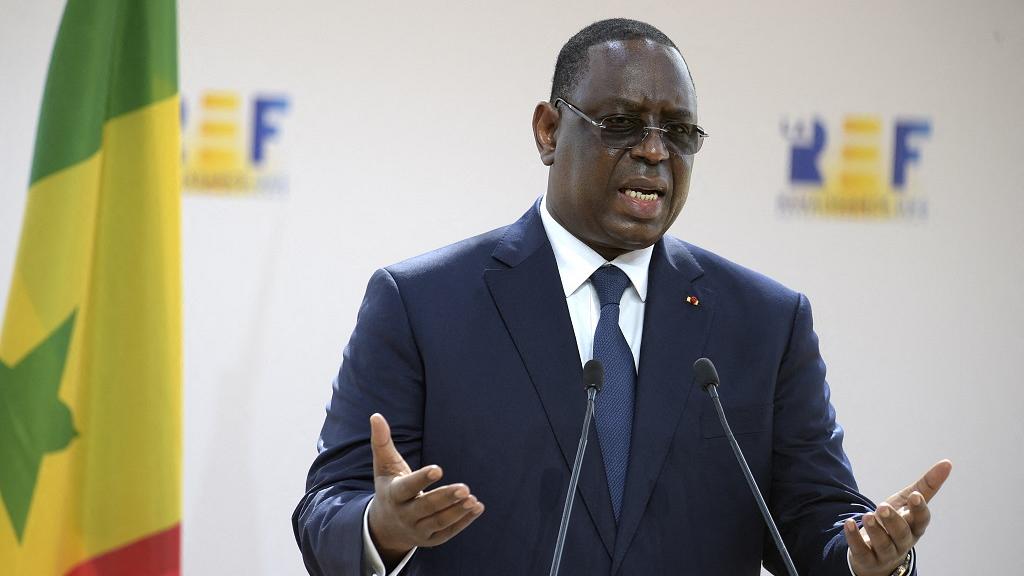
Macky Sall is the 59-year-old President of Senegal, currently serving his second 5-year term in office after winning the 2019 election. He is leader of the Alliance for the Republic (APR) political party, which he founded after leaving another major party, the Senegalese Democratic Party (PDS). Sall served as Prime Minister (a now-defunct intermediate political position) under former president Abdoulaye Wade, who caused major controversy and protest by running for a third term in office despite a constitutional limit of two terms. Sall defeated Wade in the 2012 election, and has prioritized overhauling Senegal’s infrastructure and economy during his time in office. He has been criticized for limiting political opposition and using laws and arrests to remove challengers and crack down on demonstrators. Accusations of allowing corruption and bribery in international business dealings have also come during Sall’s incumbency.
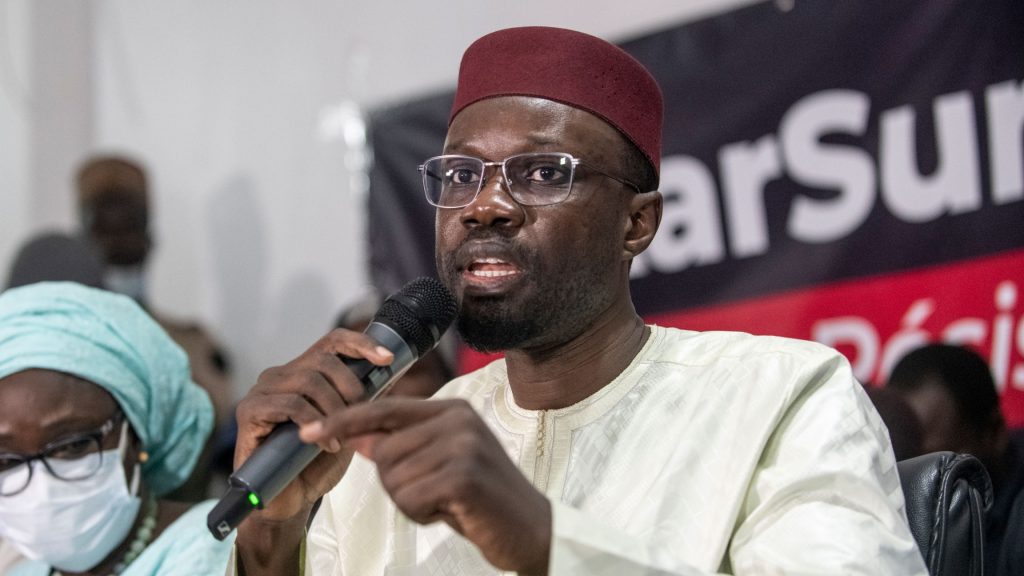
Ousmane Sonko is a 46-year-old politician and former tax specialist who fought to expose tax corruption and argued against exploitation of the country’s natural resources. He ran for president in 2019, where he lost to current President Macky Sall. Just prior to the election, a major news story accused Sonko of taking bribes from European companies. This was later proved false, and strong suspicion remains that the Macky Sall government was responsible for the story as a means of discrediting opposition. Sonko has also expressed a desire to distance Senegal from using the CFA franc, a currency with ties to colonial times that is often cited as responsible for limiting West African financial independence from France. He was arrested in early March 2021, sparking violent protests in the capitol city of Dakar and other areas of the country. Sonko has a strong following, and due to his relatively young age he looks to be a major player in future elections and African politics moving forward.
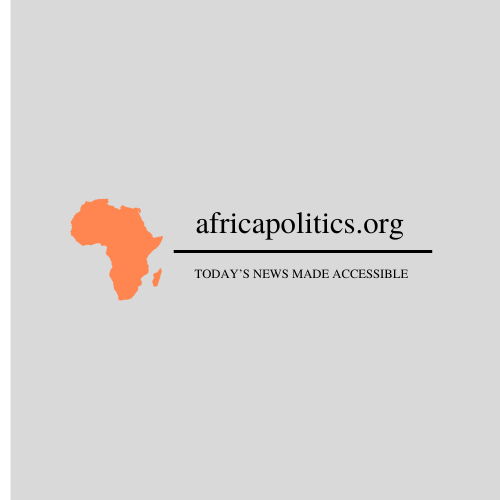
Stay tuned for more weekly African politics updates, as well as more in depth analyses of individual nations’ political histories and current situations. Please leave any thoughts you have below, or send an email to get in touch with us. Thank you!
